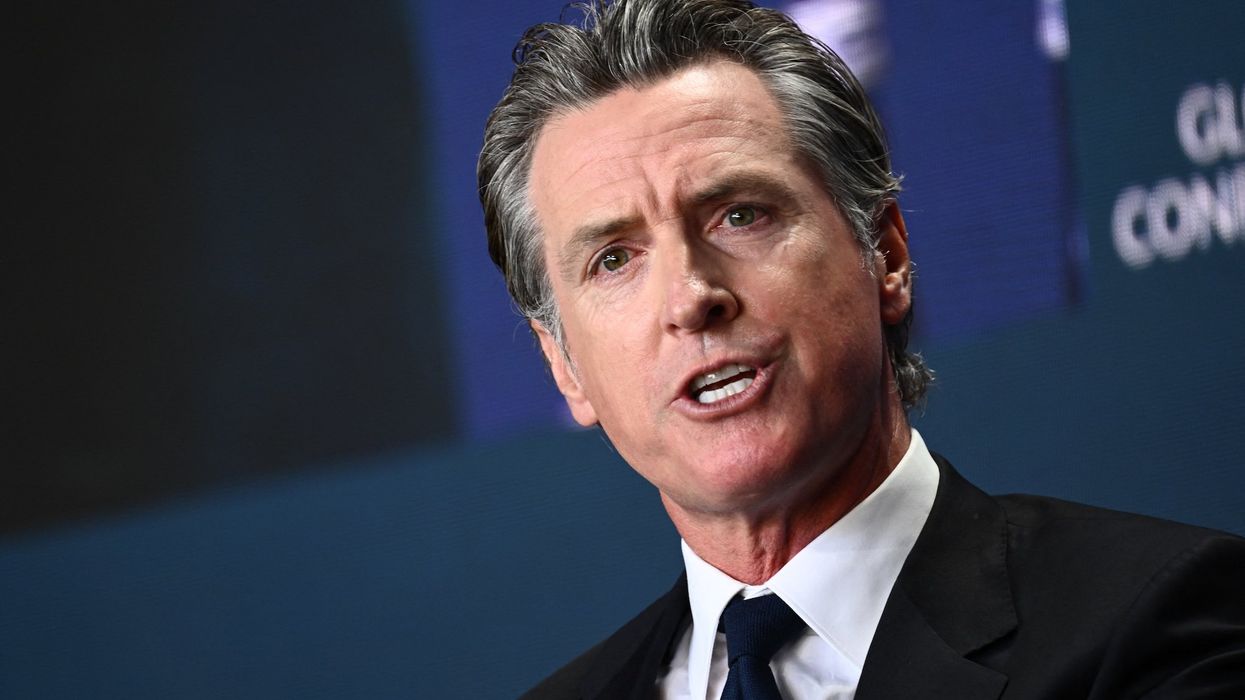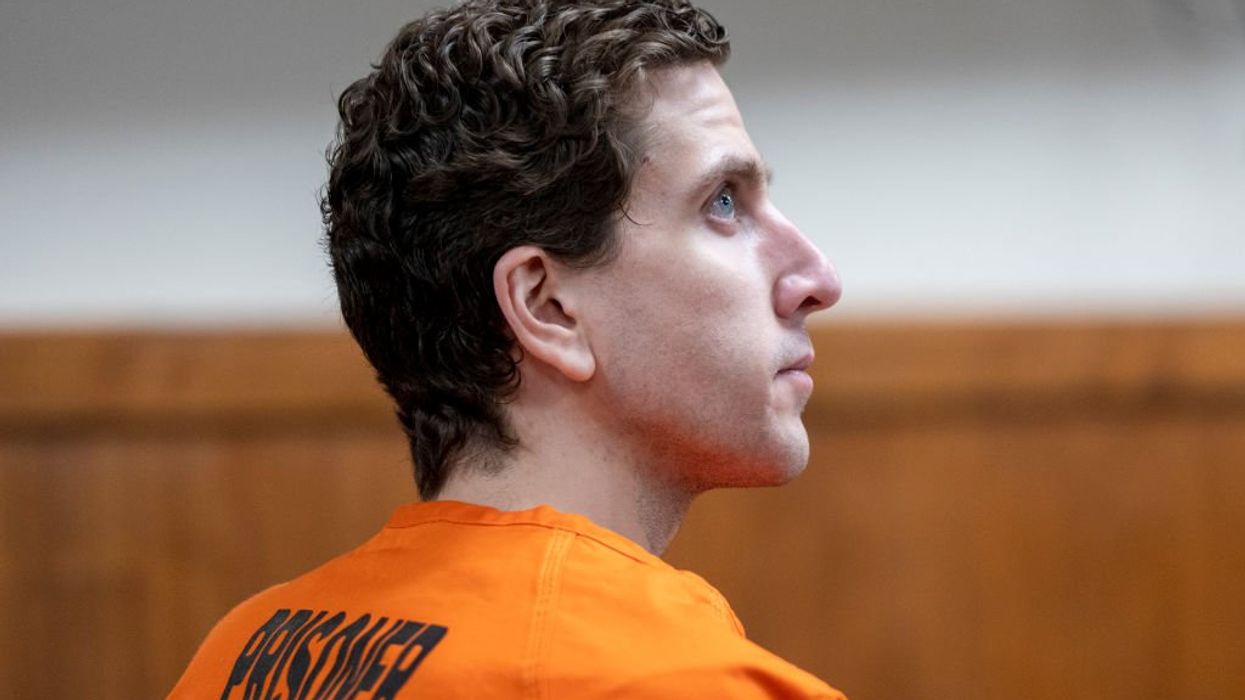© 2025 Blaze Media LLC. All rights reserved.
Sunday I went to the Jets-Chiefs game at the Meadowlands. The game was a blowout. But I’ve got two non-football-related observations from the game.
First. NFL game presentations (NBA even more so, MLB maybe less) are pretty generic affairs. Meaning, you can count on Welcome to the Jungle and Start Me Up before kickoffs in every stadium. But there were some small cultural differences from growing up in Texas and going to Cowboy games and freezing your ass off at Jets games. In all my years going to Cowboys games I’m pretty sure I never heard Born to Run during a timeout. But in the third quarter both the cheerleaders and the crowd were singing along with Springsteen. By the same token I guess they’re not used to hearing Toby Keith’s I Shoulda Been a Cowboy during every official review.
Second. Income inequality, in spite of the protests of Occupy Wall Streeters, is coming down. Look at this picture I took of the stadium crowd. That section in the middle. The empty seats. That’s the $30,000 Toyota Coaches Club. That’s the section for Richie Richs.

The Jets, like many clubs, charge a PSL – a Personal Seat License – for the “right” to buy season tickets. The PSL for the empty sections you see are $20,000 - $30,000 per seat. That’s for the right to a $700 ticket. The stadium was opened in 2010 and from the beginning the Jets have had trouble selling the Coaches Club PSLs. It looks like they’re still having trouble. The Richie Richs aren’t buying…or can’t.
Unconvinced?
Historically, income inequality decreases during recessions. Megan McArdle wrote about this a few months back in the Atlantic.
Crises destroy capital, and top incomes tend to be more tightly linked to capital than those of average workers. If you work for a wire factory that goes bankrupt, you may well have a rough year or two before you find another job, and your income may never fully recover. But if you own that factory, it will be years before you have an income even close to what you enjoyed before--and it's very possible that you'll never get there at all.
Look at this chart that shows the share of income earned by the richest one percent. In 2006 the richest one percent took 24% of the income. In 2009 the one-percenters took 17%. Income inequality is falling. (Or is it was in 2009. I haven’t seen data for 2010.)

If income inequality is a social ill that matters…and I don’t think it is; I don’t think it matters what you make compared to someone else…we might consider that – as history suggests – it is a self correcting issue.
Want to leave a tip?
We answer to you. Help keep our content free of advertisers and big tech censorship by leaving a tip today.
Want to join the conversation?
Already a subscriber?
more stories
Sign up for the Blaze newsletter
By signing up, you agree to our Privacy Policy and Terms of Use, and agree to receive content that may sometimes include advertisements. You may opt out at any time.
Related Content
© 2025 Blaze Media LLC. All rights reserved.
Get the stories that matter most delivered directly to your inbox.
By signing up, you agree to our Privacy Policy and Terms of Use, and agree to receive content that may sometimes include advertisements. You may opt out at any time.





